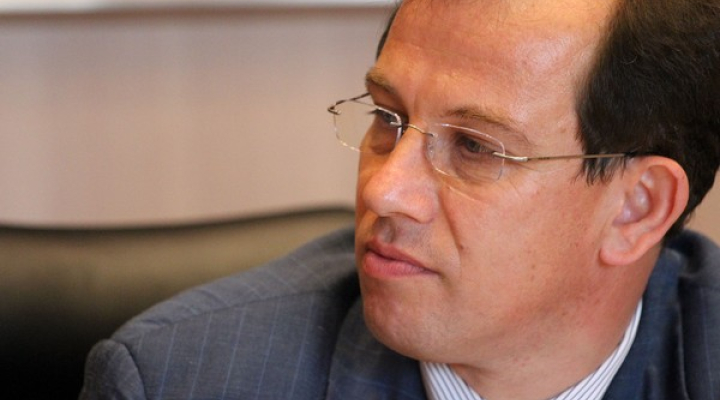Referendum in Latvia: Russian may become official state language
On February 18th Latvia voted on whether to grant Russian the status of second state language. The referendum was initiated by the Native Language NGO with the aid of the For Human Rights in United Latvia political party.
In the Baltic states language rights represent a constant source of conflict with strong social and emotional aspects. All three states have a high percentage of native Russian speaking population. If Russian were instituted as the second state language in Latvia, surely the need would arise in Estonia and Lithuania, too.
Former EP President Jerzy Buzek and Joseph Daul, the President of the EPP Group in the European Parliament were the patrons of the conference organized by Latvian EPP MEP Inese Vaidere in Strasbourg on February 15th in order to present arguments against making Russian a second state language. As a response, Latvian Green MEP Tatiana Zdanoka spoke about the interests of the Russian speaking minority in Latvia at the February 16th meeting of the Minority Intergroup, despite the fact that issues related to the linguistic rights of Russians in Latvia are not included among the areas of interest of the Intergroup.
DAHR’s MEP Csaba Sógor mentioned at the Intergroup meeting that Turkish speakers in Germany do not ask for making Turkish a second state language in Germany. The MEP feels that under no circumstances can traditional national minorities be mentioned in the same context as immigrants or ethnic groups that were moved to a certain area by an occupying force.
Latvia is a state of 2.4 million people. It is assumed that native speakers of Russian, Ukrainian and Belorussian constitute around 40% of the population. Out of these, around 300 000 people do not have Latvian citizenship, so they can practice their democratic rights in a limited manner. This is due to the fact that these people did not pass the citizenship exam, mainly due to the lack of sufficient knowledge of Latvian. In order for the referendum to be successful, 50% of the population entitled to vote, that is 771 350 people need to agree with the proposition.
The Latvian government has been campaigning against making Russian an official state language, mainly because of geopolitical and social reasons. This decision would push Latvia again under the influence of Russia, would infringe upon the use of Latvian and would break the delicate linguistic balance – and thus, on the long term, influencing majority-minority proportions as well. It should also be noted that the Russian minority was against Latvian EU and NATO membership.
The recommendation of the specialists working in the Framework Convention for the Protection of National Minorities of the Council of Europe calls for the wider protection of minority linguistic rights in Latvia, stating, however, that this cannot affect the Latvian state language. The provisions of the Charter for Regional or Minority Languages only protect the languages of traditional European minorities.











